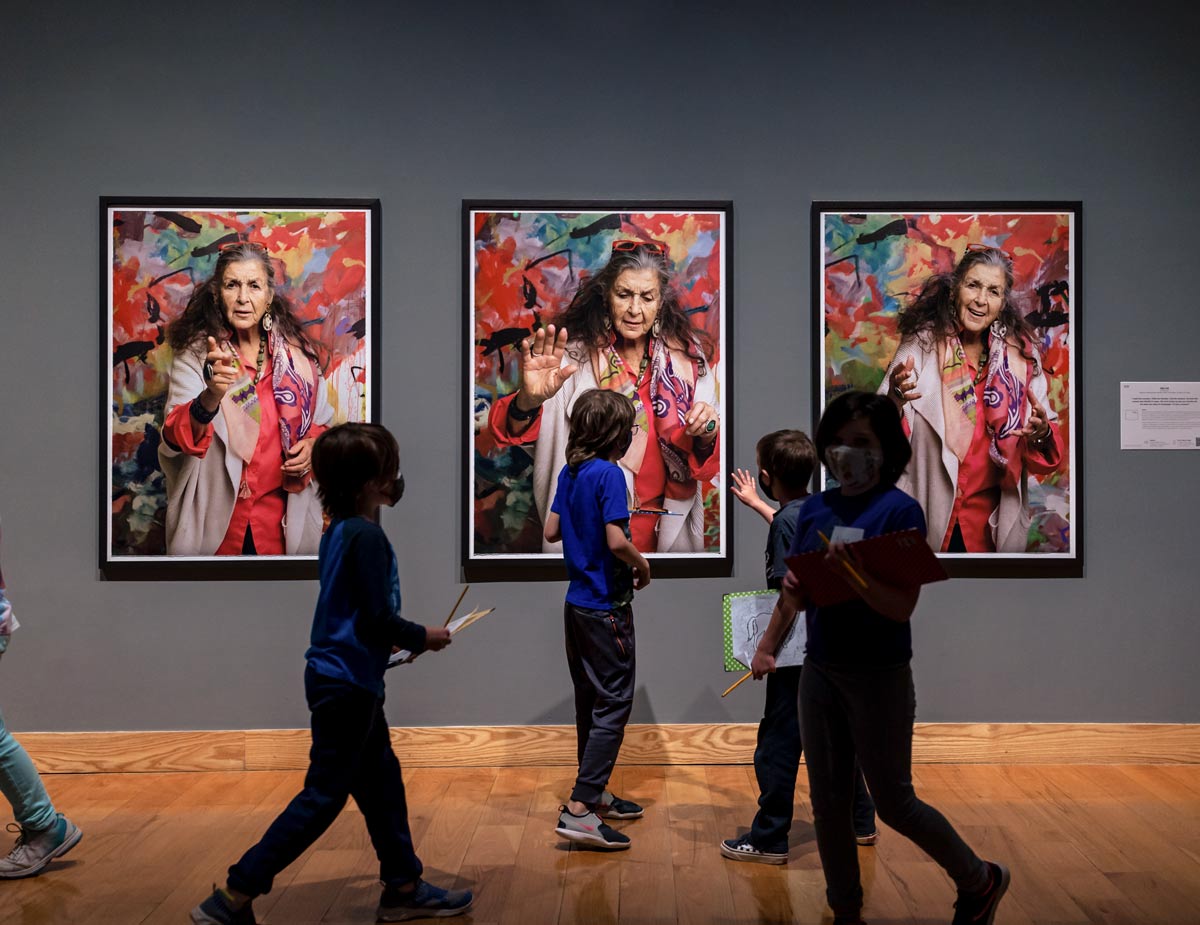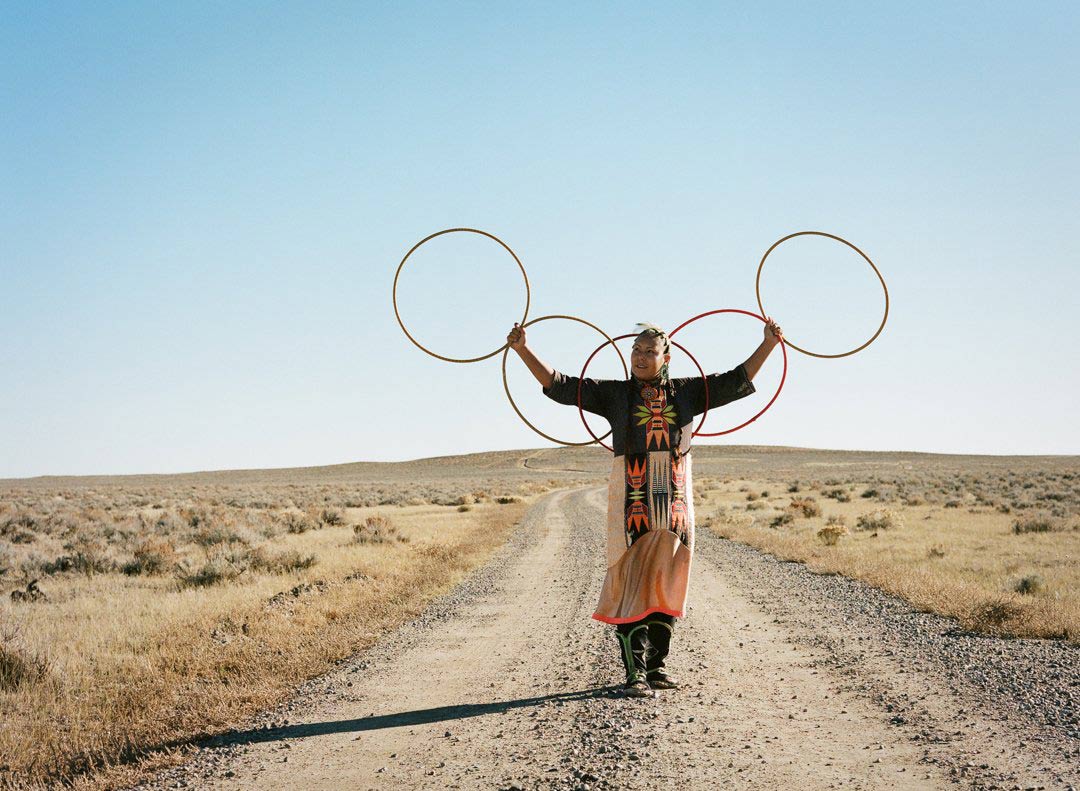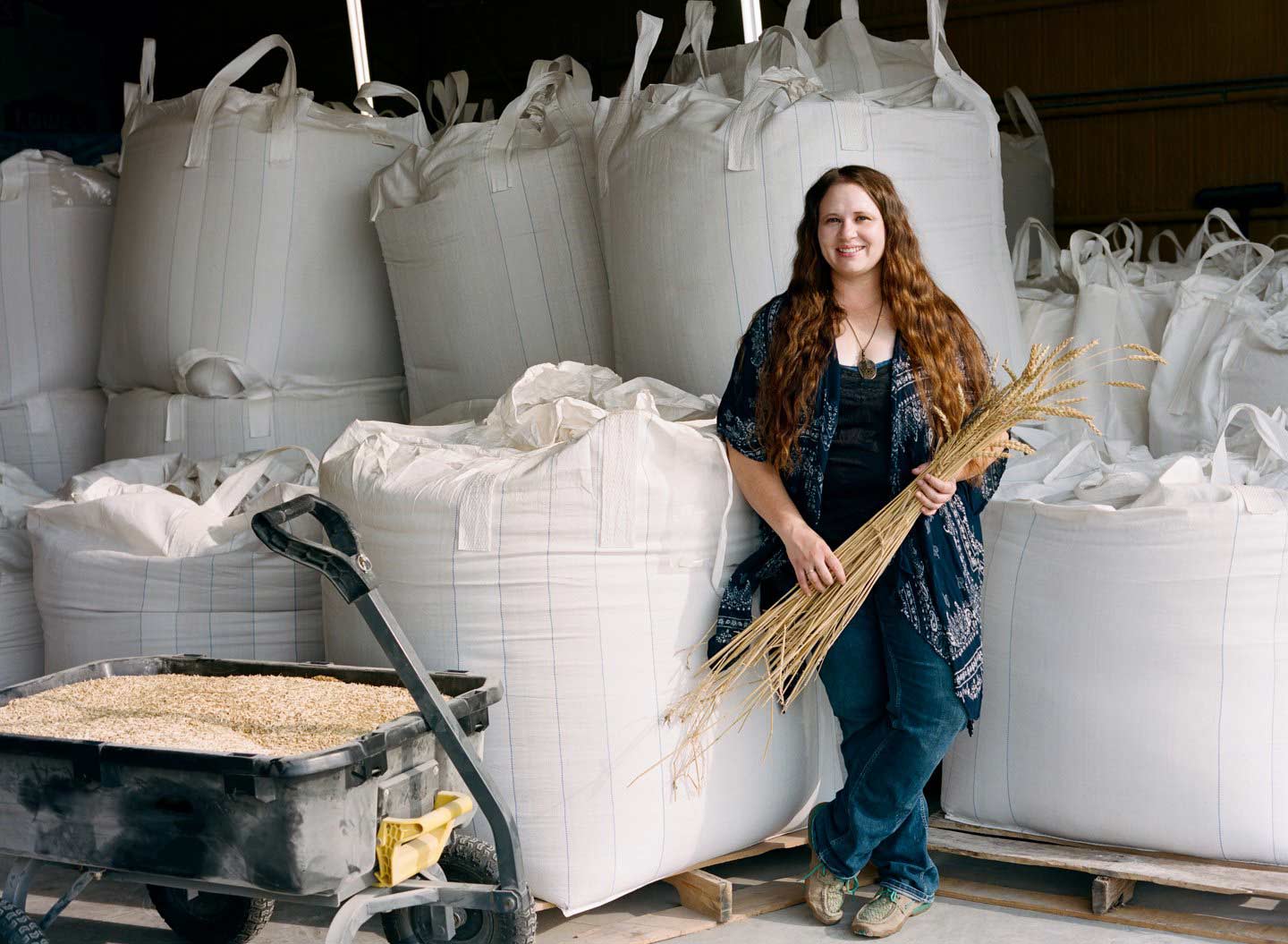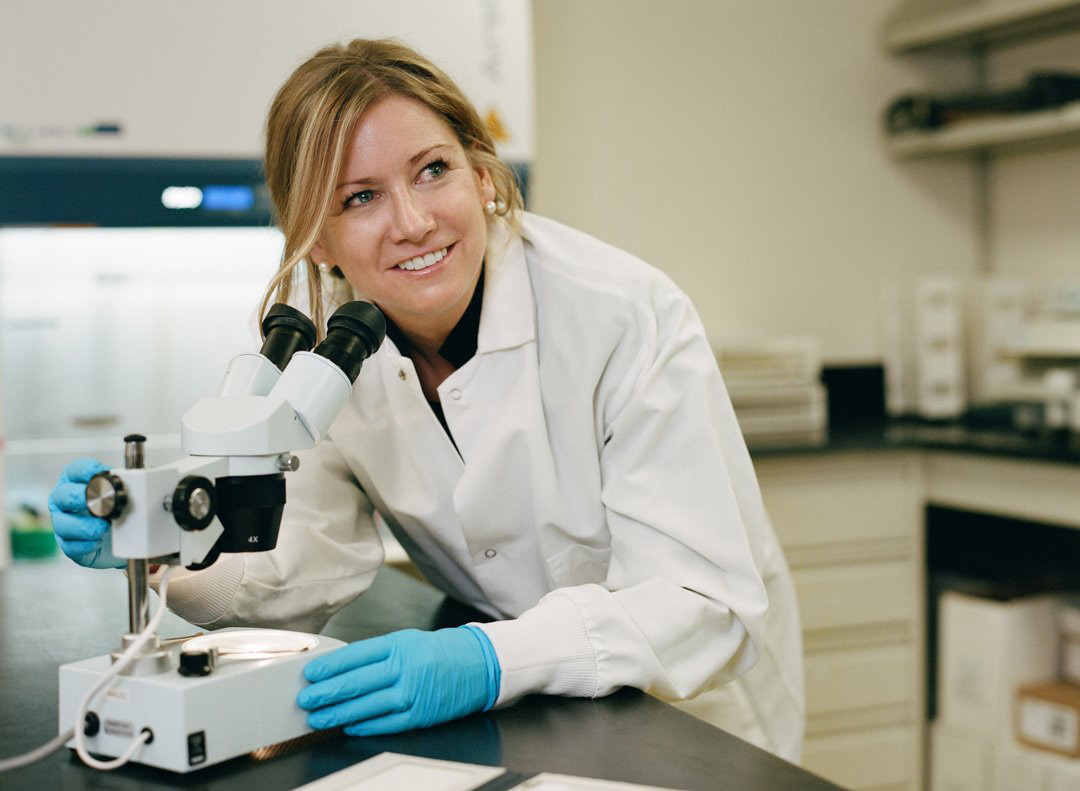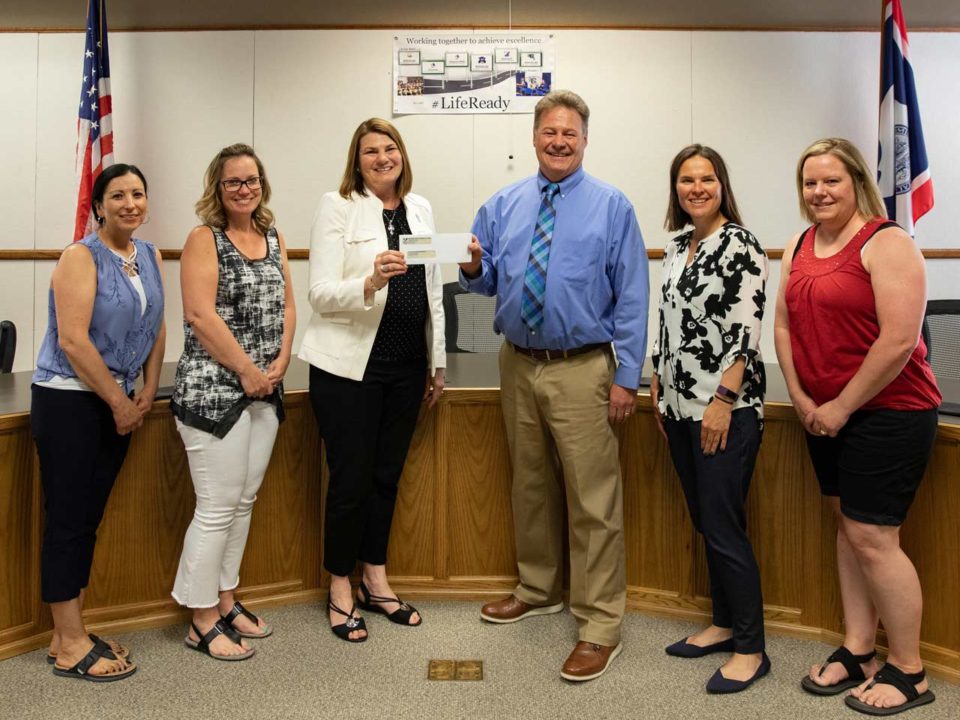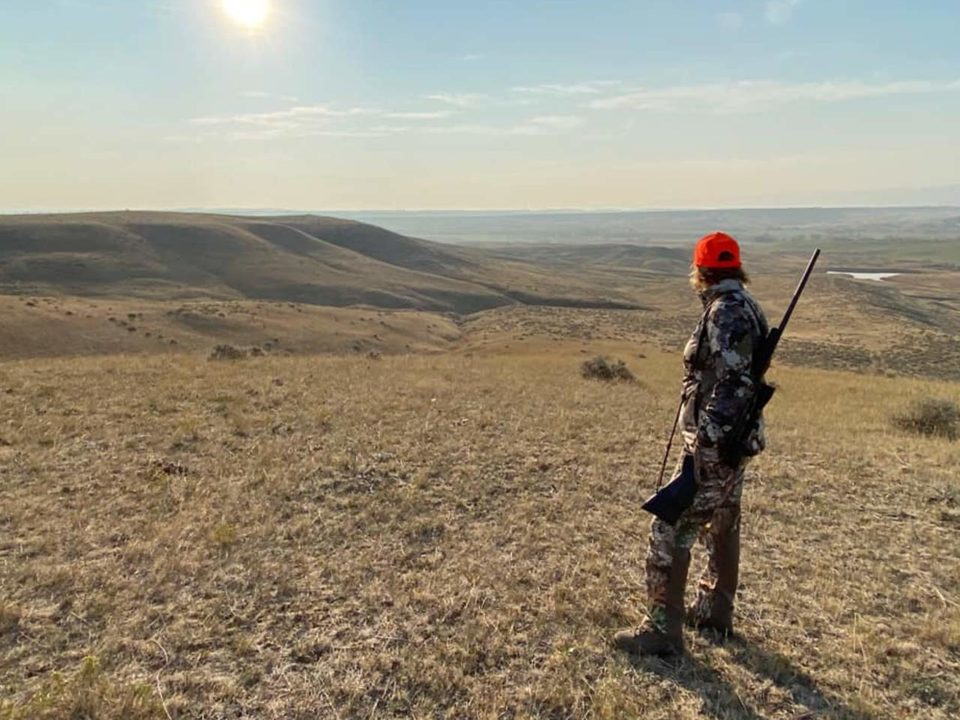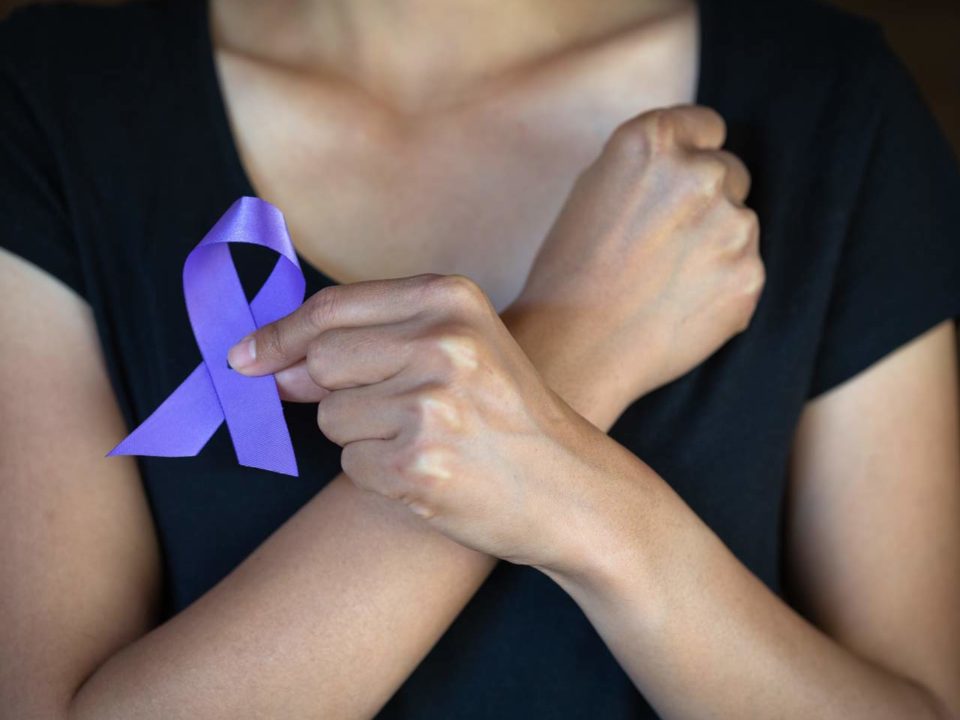Born in Powell, Wyoming, Lindsay Linton is a born and bred Wyoming woman. From her earliest years, she was immersed in the state’s rugged landscape, surrounded by determined and resilient women, and taught that anything she wanted to achieve was possible. For years, she recalls, she never second guessed that.
Despite this supportive upbringing, she never imagined she’d return to Wyoming and left for college in Vermont, then lived in Los Angeles and New York where she worked as a professional photographer. “Working in New York as an artist was a very important period of my life. Despite my wonderful upbringing in Wyoming, I never imagined I'd come home. I wanted to explore the world and Wyoming felt limiting. The project was born after I returned and had to reinvent myself and start over.” From her move back to her home state, she cultivated a spark of inspiration into an innovative flame; her groundbreaking project Women in Wyoming began to take shape. Through five chapters — including beautifully-penned blogs and breathtaking photographs — Lindsay told the story of twenty-five women across the Equality State.
Jasmine Pickner Bell, also known as “Good Road Woman,” is the two-time world champion hoop dancer. Jasmine realized her calling when tragedy struck and her brother, also a talented hoop dancer, was killed in a car accident. In honor of his life, she trained and performed in his place at the World Championship Hoop Dance Competition. She won, becoming the first woman to hold the title and compete in a dress (up until that point, many female hoop dancers still performed in traditional male attire). The following year she defended her title. And now she is proud to say, more women have entered the field and wear their traditional dress, not men’s attire.
Now, having completed the fifth (and final) chapter in the series, Lindsay is reflecting on her innovative project with a new perspective. Since becoming a mother herself, and navigating the unprecedented challenges of a pandemic, she has a newfound appreciation for the lessons and inspiration showcased in her project.
“Becoming a mother made me realize the inequities still present in our world and made me more appreciative of those who advanced women's rights before me. At least for this project, seeing is believing,” she says. “It’s powerful to show what is possible because when women contribute, everyone wins. When women and girls are uplifted, that creates better societies and communities. While the national suffrage movement was a decades-long effort, Wyoming pioneered the enfranchisement of women in 1869. We can still lead the way for women today though we have a lot of work to do to truly embody our moniker 'The Equality State.'"
As women across the nation, as well as at home in Wyoming, face challenges like lack of childcare, lack of access to affordable healthcare, educational opportunities, and other hurdles, Lindsay sees renewed impact in the stories of the women she profiled. “Every woman in the project knows there are barriers that exist within ourselves and outside of ourselves. The stories that I gravitated towards in the project were how these women overcame those barriers in their life, whether it was internal or external. I think that still applies today; not to underestimate the power that we have through the power of our voices.”
Sara Wood is the owner and founder of Wyoming Heritage Grains, a direct to consumer regenerative farm and flour mill specializing in heirloom and heritage wheats, barleys, and ryes. In 2017, Sara became curious about why more people are gluten intolerant and discovered heritage and heirloom grains, which are ancient, pre-hybridized varieties of wheat, oat, barley, and rye. On their regenerative farm, they use several species of cover crops and companion crops, rotational grazing and no till practices to raise their heritage grains which Sara mills and sells directly to the consumer.
Lindsay’s constellation of profiles is available to visit and explore online, and a physical exhibit has been traveling around the state for the past few years. The Hughes Charitable Foundation is extraordinarily proud to have helped support the fifth and final chapter of this inspirational project, as well as with the Women in Wyoming tour, which is going national next year. “Lindsay’s work is deeply insightful into the determination, dedication, and resilience of her fellow Wyoming women. Each of these individuals has achieved truly astonishing things, against sometimes overwhelming odds,” says Molly Hughes, Executive Director of the Hughes Charitable Foundation. “These stories have so many important lessons and rich wisdom for all of us as we navigate life in this incredibly special place. We’re proud to have supported her creative and inspiring project.”
“Thanks to their support, I can have the resources to continue pushing this project out into the world,” says Lindsay of the Hughes Foundation’s generosity. “It's been really vital. They've been an amazing sponsor and have given the project life in so many ways from helping me tell the stories to keeping the exhibit touring nationally.”
Women in Wyoming will next reside at the National Cowboy and Western Heritage Museum in Oklahoma City, beginning in the fall of 2023. Lindsay’s thrilled to know that her work will have the chance to inspire and engage people from communities beyond Wyoming. In addition to modeling powerful, driven women, Lindsay hopes that her work can serve as common ground for people in a time when so much feels divisive and contentious. “When you see all the portraits together, it is a display of collective wisdom, power, impact, and good. And I think that's what we need more of today. From the storytelling side of things, hearing someone's story helps you feel more connected to them and imagine life in their shoes. Anything we can do to bring people together right now is vital.”
Marnie Peterson is an expert in infectious disease and experimental therapeutics. Marnie has invented several patents for her discoveries, conducted research for the National Institute of Health and Department of Defense (among others), and educated the next generation of scientists. After becoming a mother, she and her husband wanted a lifestyle change and saw opportunities in Wyoming. She left her tenured position in academia at the University of Minnesota and launched her Jackson Hole-based laboratory in 2016. A pioneer in conscious science, Marnie and her team conduct all of their research on nonlive animal tissue. Practicing what she calls “farm to bench,” pig tissue is sourced from a local farmer that would have otherwise been discarded after the hog is butchered for human consumption (no pigs are sacrificed specifically for her research)This technique vastly reduces live animal studies and helps make clinical trials more successful because human and pig tissue are so similar. This practice also helps local farmers utilize their entire hog and be more sustainable. Marnie has been developing this nonlive animal approach to drug development and discovery for over 20 years and is a leader in this niche style of research.
“The exhibit is a neutral zone to bring people together while also being loud and showing that, ‘We're here, we're not going anywhere. And here's what’s possible when we all come together. We still need to rise up in ourselves, our state, our country, and around the world. Before the pandemic, the exhibit felt like a celebration. I feel like now, it’s become a battle cry.”
Ultimately, Lindsay says, she hopes the stories she’s shared will empower and encourage other women — in Wyoming and beyond — to believe in themselves, to have courage through the hard times, and to stand up for their beliefs. That strength, she says, is what will help us build the communities and the world we want our children to inherit. “I hope it is a call to action for more women and girls to see the potential within themselves and others, and not shy away from spaces where they may not feel welcome or heard.”
